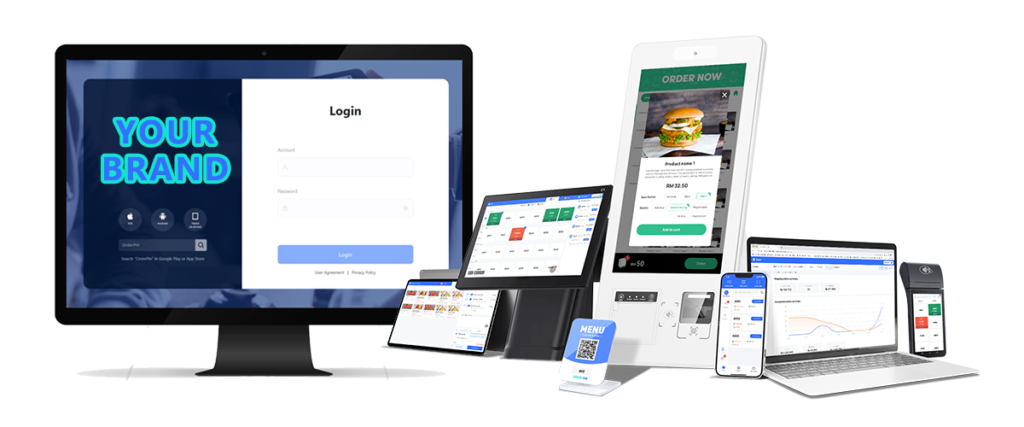Today, I want to talk about a powerful tool that’s making waves in the retail and hospitality industries: white label POS systems.
Now, you might be wondering, what exactly is a white label POS system? In simple terms, it’s a point-of-sale system that businesses can customize and rebrand as their own. Unlike traditional POS systems that are tied to a specific brand, white label systems offer flexibility and allow you to present the technology to your customers under your own brand name.
At their core, these systems function just like any other POS system. They manage transactions, track sales, handle inventory, and often include features like customer relationship management, employee scheduling, and detailed reporting. But the magic of white label POS systems is in their flexibility. Imagine taking a fully developed, reliable POS system, adding your own branding—your logo, your colors, your unique features—and then offering it as if it were your very own product. That’s the power of white label.
This approach is especially valuable for businesses that want to maintain a consistent brand experience across all customer interactions. For example, a restaurant chain could implement a white label POS system that reflects their unique brand identity at every touchpoint, whether it’s the look and feel of the interface or the specific menu options available on the system. This creates a seamless experience for customers and reinforces the brand at every opportunity.
Another major advantage is how easily these systems can be integrated into your existing operations. White label POS systems are designed to be customizable, so they can be tailored to meet the specific needs of different industries—whether you’re running a retail store, a restaurant, or a hotel. This means that your new POS system can fit right in with the tools and workflows you’re already using, without disrupting your operations.

Implementing a white label POS system is typically a collaborative effort. The service provider offers the core technology, which has already been tested and refined. Then, you work together to customize the system according to your needs. This might involve adding new features, tweaking the interface, or ensuring compatibility with your existing hardware. Once that’s done, you roll out the system under your brand, ready to enhance your day-to-day operations.
One of the biggest benefits of going white label is the time and cost savings. Developing a POS system from scratch can be a long, expensive process. But with a white label solution, you’re leveraging a system that’s already been built and proven to work. You can bring your branded POS system to market quickly and at a fraction of the cost, without the risks that come with developing new technology.
And let’s not forget about support. With a white label POS system, you’re not on your own. The service provider will typically offer ongoing updates and technical support, so you can be confident that your system is secure, up-to-date, and ready to handle any challenges that come your way.
In closing, white label POS systems offer a versatile and cost-effective solution for businesses that want the benefits of a branded POS system without the headache of developing it themselves. By understanding what these systems are and how they work, you can make informed decisions about how to best integrate this technology into your business, helping you to streamline operations, enhance customer satisfaction, and strengthen your brand.

